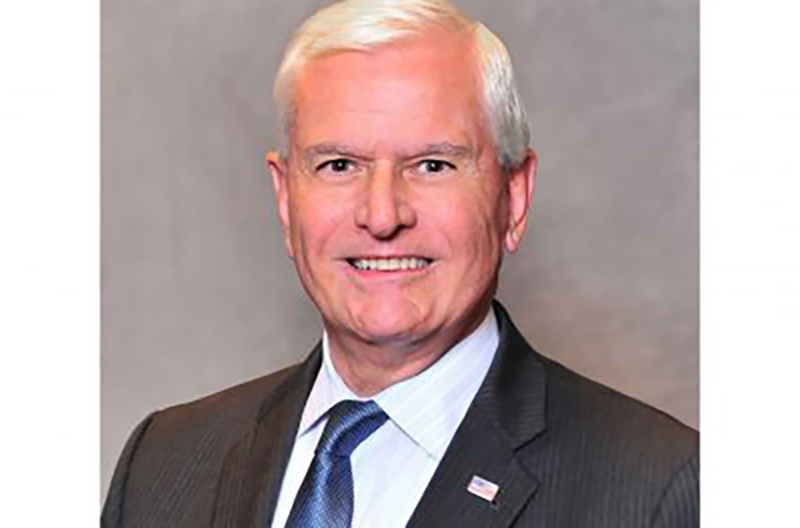TRA executive: Area’s grocers have been impacted most by end of emergency SNAP benefits
The South Texas region consists of 28 counties covering about 37,800 square miles. It stretches from Del Rio to Brownsville along the Mexican border and up the Gulf Coast, past Rockport to Aransas Pass and San Antonio Bay.
The region includes four metropolitan statistical areas: Brownsville-Harlingen MSA (Cameron County), Corpus Christi MSA (Aransas, Nueces and San Patricio counties), Laredo MSA (Webb County) and McAllen-Edinburg-Mission MSA (Hidalgo County). Other counties in the region, not associated with an MSA, include Bee, Brooks, Dimmit, Duval, Edwards, Jim Hogg, Jim Wells, Kenedy, Kinney, Kleberg, La Salle, Live Oak, Maverick, McMullen, Real, Refugio, Starr, Uvalde, Val Verde, Willacy, Zapata and Zavala.
South Texas has both coastal and border characteristics. Its two economic centers are the cities of Laredo in Webb County and Corpus Christi in Nueces County.
According to the Texas Economic Development Corporation, South Texas is a cost-competitive region for international trade and mission critical operations. Its geographic location has made it a force in trade, with the Port of Brownsville being the only deep-water port on the U.S.-Mexico border. Port Corpus Christi provides fast access to the Gulf of Mexico and the inland waterway system, and nine Foreign Trade Zones allow goods to move without formal customs entry.
Texas grocery retailer H-E-B is located in San Antonio and continues to expand across the state. Brownsville is the launch site of SpaceX. Coastal city Corpus Christi continues to be a hub in the South Texas economy, as more than $50 billion in new business investment was announced between 2009-19.
Laredo is the No. 1 inland port on the border, handling more than $231 billion in trade in 2019, a 135 percent increase over the previous decade. Just north of the border, the McAllen-Edinburg-Mission region is a key economic player in South Texas.
In grocery retail, the discontinuance of the emergency SNAP benefits and the P-EBT (additional funds for pandemic SNAP) has affected grocers throughout the state but has had more impact in South Texas, according to Gary Huddleston, grocery industry consultant for the Texas Retailers Association. “We estimate 35 percent less in SNAP funds going onto Lone Star cards.”
Huddleston added that inflation and employment continue to give retailers “some headwinds,” and they are looking for ways to cut costs. “All areas of the operation have been hit with higher costs from supplies, equipment, repairs, maintenance, technology, etc. One big expense has been credit card fees,” he said.
As the fees are based upon a percentage of the sale, a higher retail means a higher credit card fee. As a result, Huddleston said retailers are looking to other forms of payment options, such as Apple and Google Pay, to reduce the credit card fee expense.
The 88th Texas legislative session ended May 29. Among the issues important to grocers that were debated this year: the establishment of a task force to deal with and prosecute organized retail crime and data privacy legislation and tax relief measures.
The ORC task force legislation was passed and has been signed by Gov. Greg Abbott, Huddleston said. HB4, which deals with data privacy, passed both the Senate and House. Abbott called a special session of the legislature to deal with property tax reduction.
Huddleston added that some cities are looking at restrictions on parking lot signage, outdoor storage buildings and merchandise selling on the exterior of the store.
“The TRA is working with these cities to ensure our retailers have the ability to utilize selling space and give information to customers through signage,” Huddleston said. “An example would be signage on basket corrals to ask customers to return the basket to this area to avoid having the basket taken off the parking lot. Also, signage to remind customers to bring in their reusable bag.”
Huddleston said another important issue for retailers is the threshold for prosecution in shoplifting cases. “A few cities have debated raising this amount to several hundred dollars before some action is given to the thief. We believe this encourages theft.”
Retailers Across Lone Star State Are ‘Optimistic But Still Cautious’

